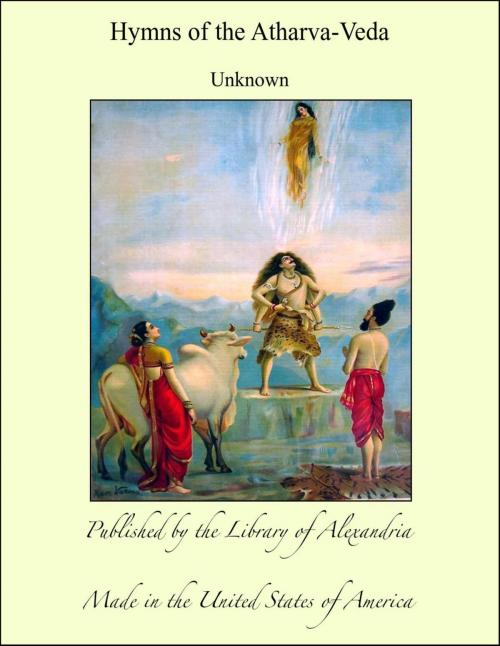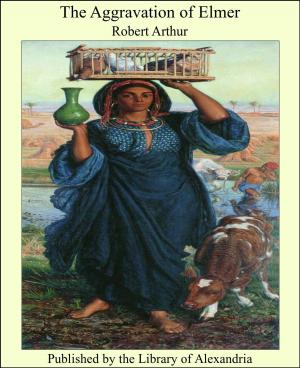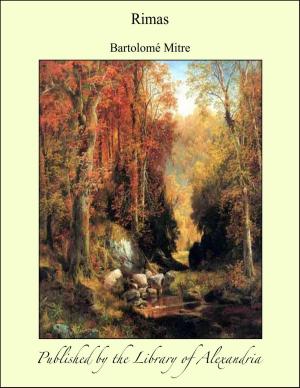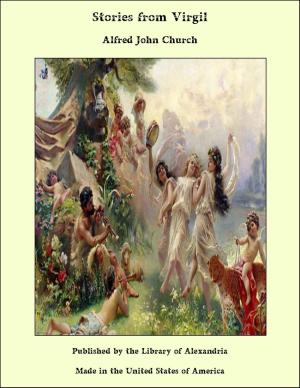Hymns of the Atharva-Veda
Nonfiction, Religion & Spirituality, New Age, History, Fiction & Literature| Author: | Unknown | ISBN: | 9781465580542 |
| Publisher: | Library of Alexandria | Publication: | March 8, 2015 |
| Imprint: | Language: | English |
| Author: | Unknown |
| ISBN: | 9781465580542 |
| Publisher: | Library of Alexandria |
| Publication: | March 8, 2015 |
| Imprint: | |
| Language: | English |
The present volume of translations comprises about one third of the entire material of the Atharva-veda in the text of the Saunaka-school. But it represents the contents and spirit of the fourth Veda in a far greater measure than is indicated by this numerical statement. The twentieth book of the Samhitâ, with the exception of the so-called kuntâpasûktini (hymns 127-136), seems to be a verbatim repetition of mantras contained in the Rig-veda, being employed in the Vaitâna-sûra at the sastras and stotras of the soma-sacrifice: it is altogether foreign to the spirit of the original Atharvan. The nineteenth book is a late addendum, in general very corrupt; its omission (with the exception of hymns 26, 34, 35, 38, 39, 53, and 54) does not detract much from the general impression left by the body of the collection. The seventeenth book consists of a single hymn of inferior interest. Again, books XV and XVI, the former entirely Brahmanical prose, the latter almost entirely so, are of doubtful quality and chronology. Finally, books XIV and XVIII contain respectively the wedding and funeral stanzas of the Atharvan, and are largely coincident with corresponding Mantras of the tenth book of the Rig-veda: they are, granted their intrinsic interest, not specifically Atharvanic. Of the rest of the Atharvan (books I-XIII) there is presented here about one half, naturally that half which seemed to the translator the most interesting and characteristic. Since not a little of the collection rises scarcely above the level of mere verbiage, the process of exclusion has not called for any great degree of abstemiousness.
The present volume of translations comprises about one third of the entire material of the Atharva-veda in the text of the Saunaka-school. But it represents the contents and spirit of the fourth Veda in a far greater measure than is indicated by this numerical statement. The twentieth book of the Samhitâ, with the exception of the so-called kuntâpasûktini (hymns 127-136), seems to be a verbatim repetition of mantras contained in the Rig-veda, being employed in the Vaitâna-sûra at the sastras and stotras of the soma-sacrifice: it is altogether foreign to the spirit of the original Atharvan. The nineteenth book is a late addendum, in general very corrupt; its omission (with the exception of hymns 26, 34, 35, 38, 39, 53, and 54) does not detract much from the general impression left by the body of the collection. The seventeenth book consists of a single hymn of inferior interest. Again, books XV and XVI, the former entirely Brahmanical prose, the latter almost entirely so, are of doubtful quality and chronology. Finally, books XIV and XVIII contain respectively the wedding and funeral stanzas of the Atharvan, and are largely coincident with corresponding Mantras of the tenth book of the Rig-veda: they are, granted their intrinsic interest, not specifically Atharvanic. Of the rest of the Atharvan (books I-XIII) there is presented here about one half, naturally that half which seemed to the translator the most interesting and characteristic. Since not a little of the collection rises scarcely above the level of mere verbiage, the process of exclusion has not called for any great degree of abstemiousness.















